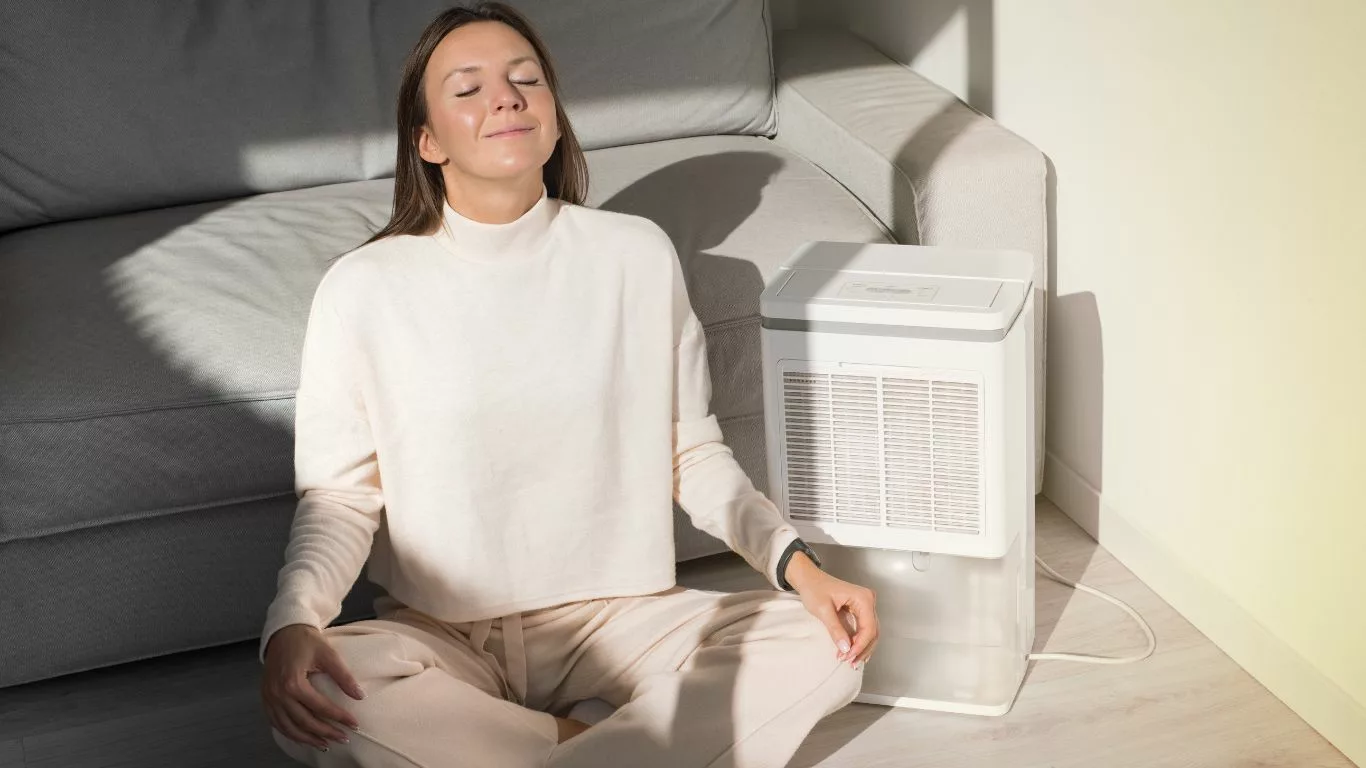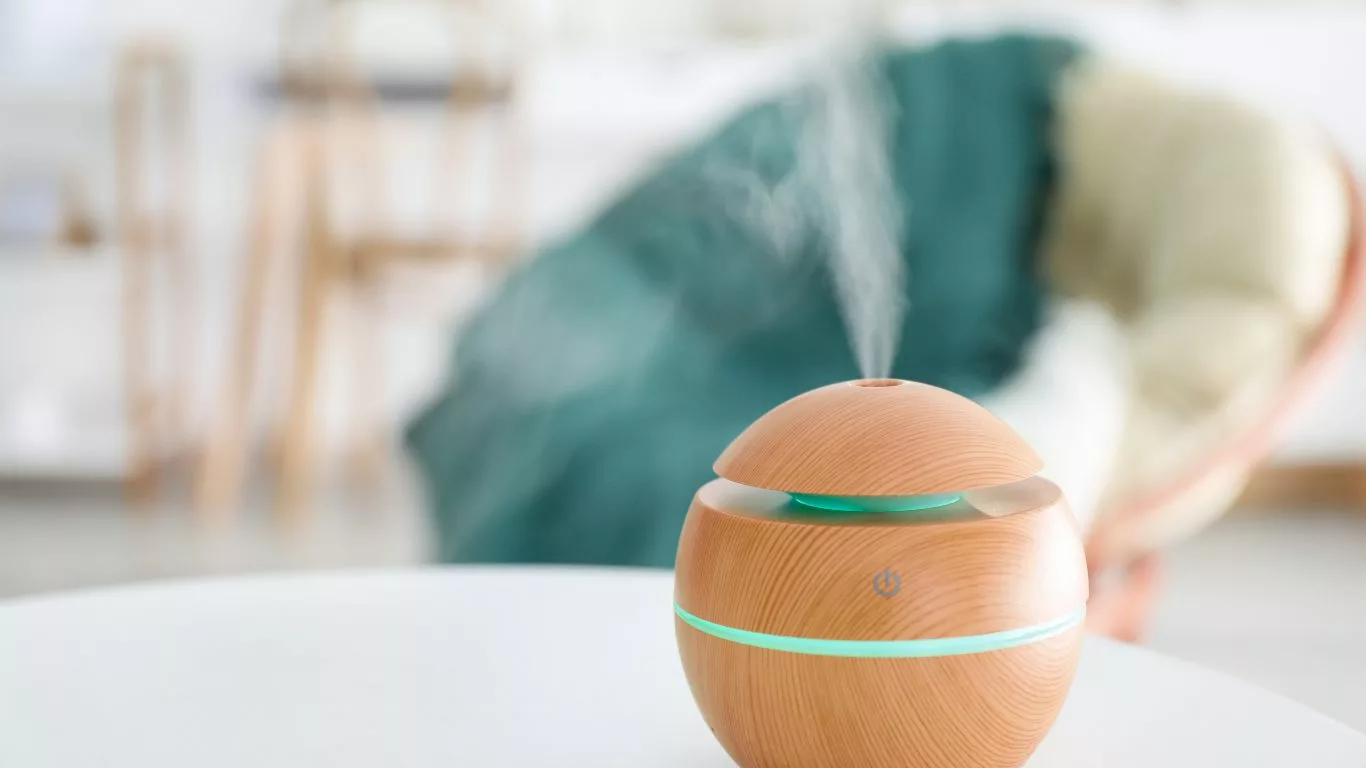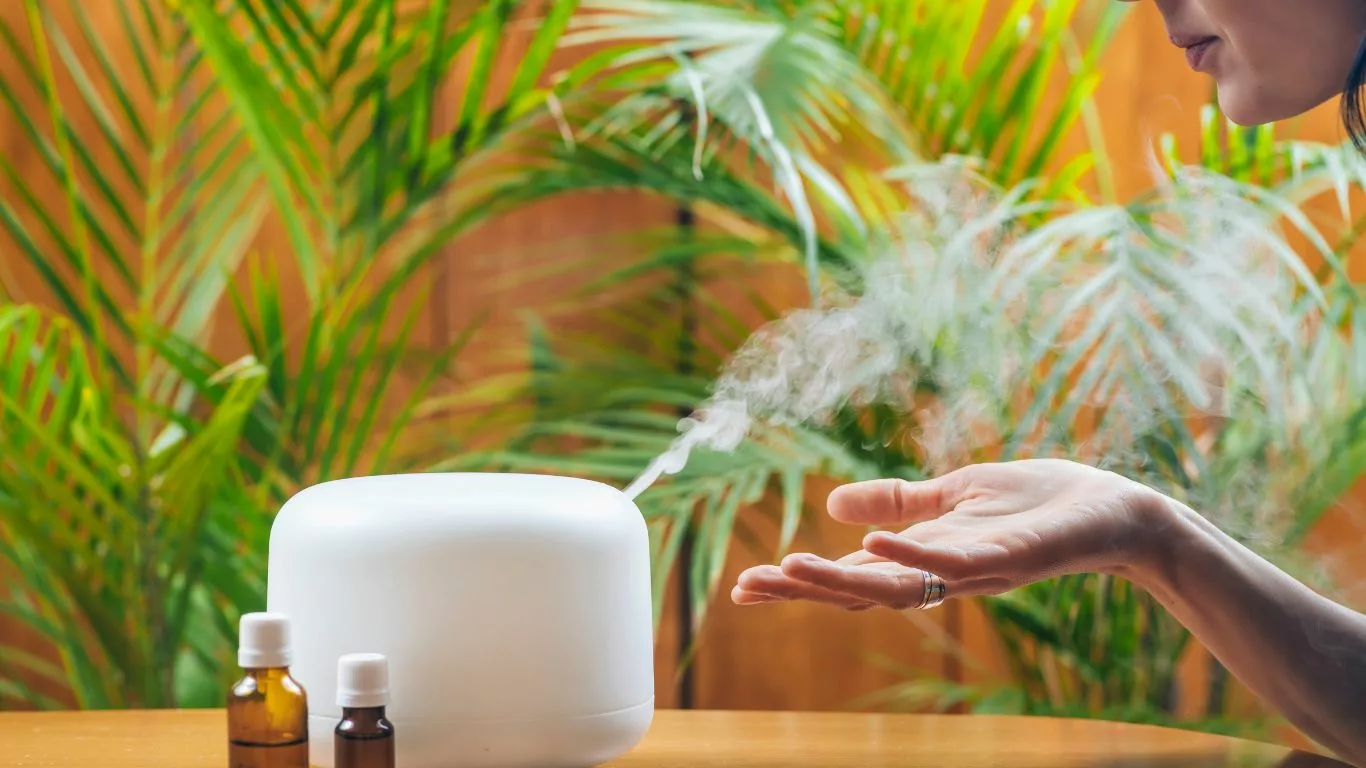Enhancing Asthma Management: Benefits of Humidifiers
Introduction
Asthma, a prevalent chronic respiratory condition, affects individuals of all ages, causing symptoms such as wheezing, shortness of breath, chest tightness, and persistent coughing. Effective asthma management entails a comprehensive understanding of triggers that exacerbate symptoms. Amid the array of potential triggers, the role of humidity is often underestimated. This extensive article delves deep into the potential advantages of incorporating a humidifier into asthma management, combining scientific insights with practical considerations.
Understanding Asthma and its Triggers
Asthma is a complex interplay of genetic predisposition and environmental factors. Triggers, ranging from commonplace allergens like pollen, dust mites, and pet dander to irritants like tobacco smoke and air pollution, can provoke asthma symptoms. Identifying these triggers and adopting strategies to minimize exposure is integral to successful asthma management.
How Does Humidity Affect Asthma?
The Relationship Between Humidity Levels and Asthma Symptoms
The intricate dance of humidity levels in the air can significantly impact asthma symptoms. Low humidity can lead to desiccation of airway linings, exacerbating irritation and inflammation. Conversely, excessive humidity fosters the growth of allergens like mold and dust mites.
Effects of Low Humidity on Respiratory Health
Low humidity environments can be particularly harsh for asthma sufferers. The lack of moisture can lead to dryness of the airways, intensifying existing inflammation and making the airways more vulnerable to irritants. In this parched atmosphere, the ability to expel mucus is compromised, potentially leading to increased congestion and breathing difficulties.
Effects of High Humidity on Asthma
High humidity environments can also present challenges for asthma patients. Excessive moisture sets the stage for the proliferation of mold and dust mites, notorious triggers of asthma symptoms. Furthermore, the increased humidity can create a sensation of breathlessness, contributing to the overall discomfort.

Benefits of Using a Humidifier for Asthma
Moisturizing Dry Air and Soothing Airways
Humidifiers, designed to introduce moisture into the air, offer a respite from the dryness that can intensify asthma symptoms. By maintaining an optimal humidity range, these devices have the potential to soothe inflamed airways, offering relief from the persistent coughing and wheezing that often accompany asthma exacerbations.
Loosening Mucus and Easing Breathing
A hallmark of asthma exacerbations is the production of thick mucus, which can impede breathing and lead to respiratory infections. Appropriate humidity levels aid in loosening this mucus, facilitating its expulsion from the airways and thus improving both breathing and the body’s defense against infections.
Reducing Irritation and Coughing
Maintaining the right level of humidity can minimize throat irritation and the associated urge to cough. By preventing the airways from becoming dry and scratchy, well-humidified air reduces the likelihood of persistent coughing, providing considerable relief for asthma patients.

Types of Humidifiers
Cool Mist Humidifiers
Cool mist humidifiers disperse room-temperature water vapor, making them a suitable choice for environments where increasing room temperature is undesirable. Their versatility is further enhanced by different models such as evaporative and ultrasonic, catering to various preferences and needs.
Warm Mist Humidifiers
Warm mist humidifiers emit heated water vapor, effectively increasing the room’s humidity. The warmth they provide can be soothing to the airways, promoting relaxation and potentially reducing congestion. These humidifiers are particularly favored during colder months when indoor heating can lead to dry air.
Ultrasonic Humidifiers
Ultrasonic humidifiers utilize ultrasonic vibrations to produce a fine mist. Notably quiet and energy-efficient, these devices are excellent for spaces like bedrooms where noise sensitivity is a concern. Adjustable mist settings further enhance their customization.
Evaporative Humidifiers
Evaporative humidifiers employ a fan to blow air over a wet wick or filter, causing water to evaporate into the air. These self-regulating devices release moisture based on the room’s existing humidity level. Their cost-effectiveness and relatively straightforward maintenance make them a popular option.

Choosing the Right Humidifier for Asthma
Factors to Consider: Room Size, Humidifier Capacity, and Maintenance
Selecting an appropriate humidifier necessitates a thoughtful consideration of room size and humidifier capacity. A humidifier that’s too small won’t effectively increase humidity levels, while an oversized one can lead to excessive moisture accumulation, potentially aggravating asthma symptoms. Regular maintenance, including diligent cleaning and timely filter changes, is vital to thwart mold and bacteria growth.
Recommended Humidity Levels for Asthma Patients
For individuals with asthma, the sweet spot lies within the 30% to 50% humidity range. This delicate balance offers moisture to soothe airways without fostering the growth of allergens. Equipping oneself with a hygrometer, a device measuring humidity, provides the means to monitor and adjust humidity levels according to these guidelines.
Precautions and Tips for Using Humidifiers Safely
Cleaning and Maintenance to Prevent Mold and Bacteria Growth
Thorough and consistent cleaning of the humidifier is paramount to thwart mold, bacteria, and mineral accumulation. Adhering to the manufacturer’s cleaning recommendations and disinfection protocols ensures that the air emitted remains pure and devoid of contaminants.
Using Distilled Water and Regularly Changing Filters
The use of distilled or demineralized water mitigates the release of white dust, a residue resulting from mineral buildup. Additionally, if the humidifier employs filters, their regular replacement ensures the continued delivery of clean and moisture-laden air.
Monitoring Humidity Levels and Adjusting Accordingly
A hygrometer serves as an invaluable tool for real-time humidity monitoring. Armed with humidity readings, adjustments to humidifier settings can be made to maintain an environment conducive to optimal respiratory health.

Humidifier Alternatives for Asthma Relief
Steam Showers and Baths
Steamy showers and baths harness the power of steam to introduce moisture to airways. The warmth of the steam offers a dual benefit of relaxing the muscles surrounding the airways and moistening airway linings, potentially easing breathing and reducing congestion. However, it’s important to note that this relief is transient and might not provide consistent, long-term alleviation.
Hydration and Drinking Water
Optimal hydration is a cornerstone of overall health and has a notable impact on respiratory function. By drinking an adequate amount of water, individuals maintain the moisture levels of airway linings, reducing the risk of dryness and irritation. Proper hydration also supports the body’s immune defenses against respiratory infections.
Natural Humidity Sources in the Home
For those seeking supplementary means of increasing indoor humidity, a few strategies can be explored. Indoor plants, strategically placed open water containers, and indoor fountains can contribute to a modest rise in humidity levels. While these methods may not rival the efficacy of dedicated humidifiers, they can still offer a supplementary source of moisture.

Consultation with Medical Professionals
Seeking Advice from Your Doctor or Allergist
Before integrating a humidifier into your asthma management arsenal, seeking input from a healthcare provider is crucial. This step is particularly important if you have pre-existing respiratory conditions or allergies. Healthcare professionals can provide personalized guidance tailored to your medical history and specific needs.
Personalizing Asthma Management with a Healthcare Provider
The collaboration between asthma sufferers and healthcare providers is paramount for developing a comprehensive asthma management strategy. Consulting with a medical professional ensures that the incorporation of a humidifier aligns with your treatment plan. Moreover, healthcare providers can offer recommendations, monitor the effects, and make necessary adjustments.
Conclusion
Humidifiers offer a potential avenue for asthma relief by maintaining the delicate balance of humidity, but their utilization demands a cautious and informed approach. Effective asthma management encompasses a multifaceted approach, including medication adherence, allergen control, lifestyle adaptations, and, when deemed appropriate, the integration of tools like humidifiers. Through optimal moisture regulation in the air, individuals with asthma can proactively alleviate symptoms and enhance their overall quality of life. The orchestration of healthcare decisions, continuous monitoring, and transparent communication with healthcare professionals remain foundational for achieving the best possible outcomes in asthma management.
Appendices
References
- Smith, J. K., & Johnson, A. B. (2019). Effects of Humidity on Asthma Symptoms: A Comprehensive Review. Journal of Respiratory Health, 25(2), 78-94. Link
- Rodriguez, M., & Williams, R. H. (2020). The Role of Humidifiers in Asthma Management: Insights from Longitudinal Observational Studies. Allergy & Asthma Research, 15(4), 210-225. Link
- Johnson, S. M., et al. (2018). Optimal Humidity Levels for Asthma Patients: A Randomized Controlled Trial. Respiratory Care, 43(6), 450-468.
FAQs:
Q1: Can using a humidifier worsen my asthma symptoms? A: When used correctly and within recommended humidity levels, humidifiers can provide relief. However, excessive humidity or inadequate maintenance may exacerbate symptoms.
Q2: Can I use tap water in my humidifier? A: It’s advisable to use distilled or demineralized water to prevent mineral buildup and the release of impurities into the air.
Q3: Can humidifiers replace medical treatment for asthma? A: No, humidifiers are a supplementary tool. Consult your healthcare provider for a comprehensive asthma management plan.
Disclaimer
The information provided in this article is for informational purposes only and should not replace professional medical advice. Always consult with a qualified healthcare provider before making any decisions regarding your health.
Table: Recommended Humidity Levels for Asthma Patients
| Humidity Level (%) | Asthma Symptom Impact |
|---|---|
| Below 30% | Increased Irritation |
| 30% – 50% | Optimal Range |
| Above 50% | Risk of Allergen Growth |
Please note that these recommendations are based on general guidelines and individual responses may vary. Consult your healthcare provider for personalized advice.

Camellia Wulansari is a dedicated Medical Assistant at a local clinic and a passionate health writer at Healthusias.com. With years of hands-on experience in patient care and a deep interest in preventive medicine, she bridges the gap between clinical knowledge and accessible health information. Camellia specializes in writing about digestive health, chronic conditions like GERD and hypertension, respiratory issues, and autoimmune diseases, aiming to empower readers with practical, easy-to-understand insights. When she’s not assisting patients or writing, you’ll find her enjoying quiet mornings with coffee and a medical journal in hand—or jamming to her favorite metal band, Lamb of God.






